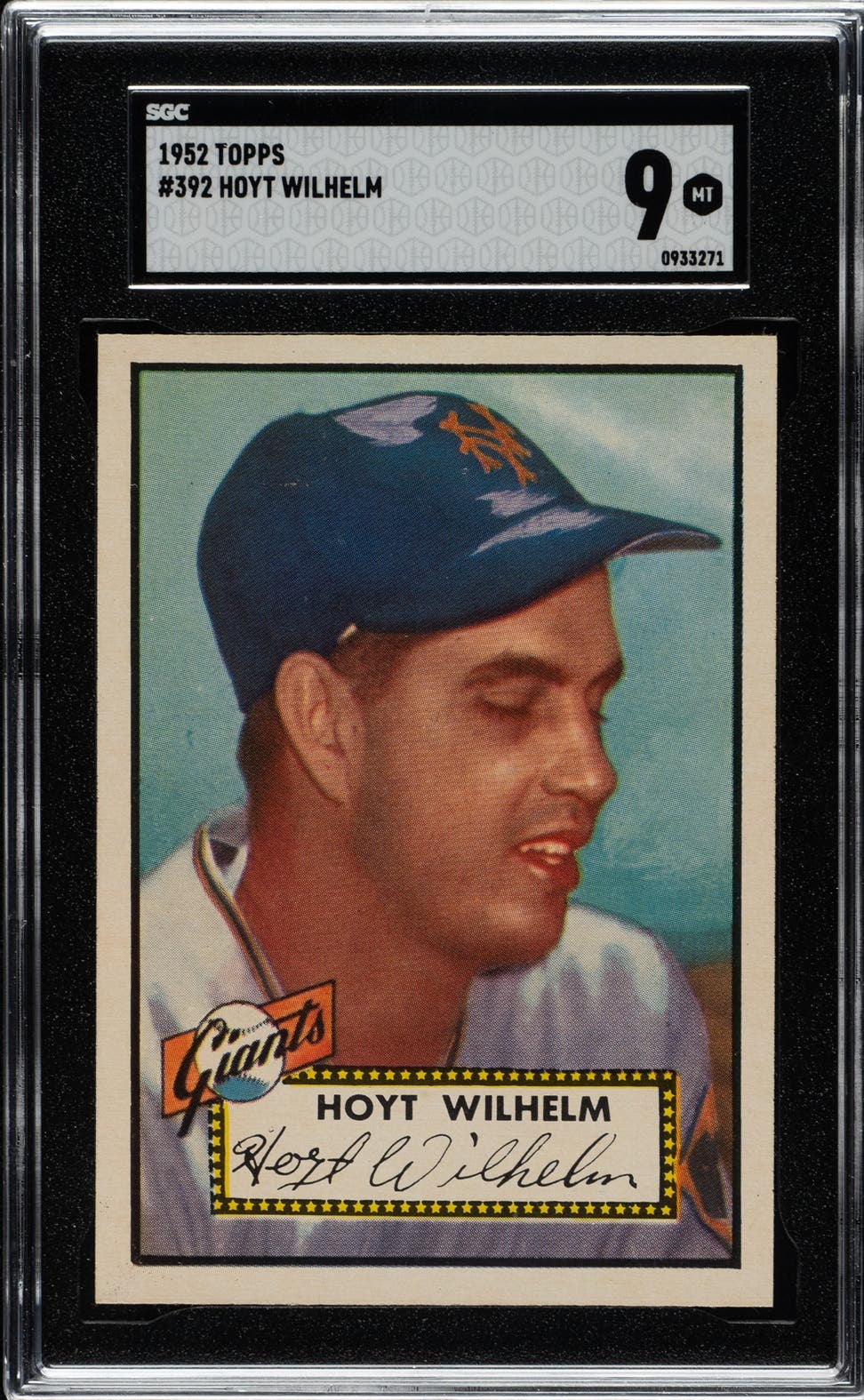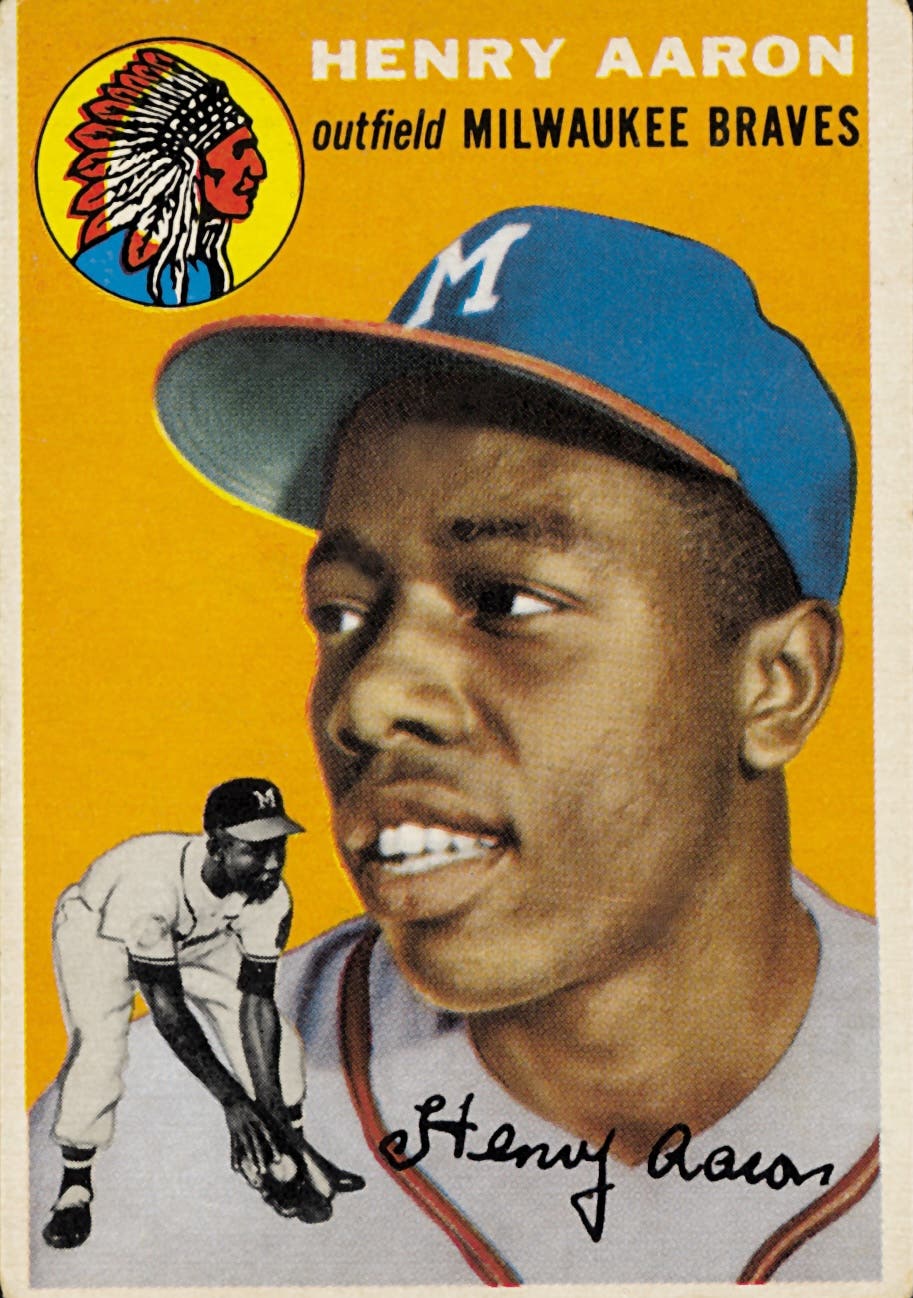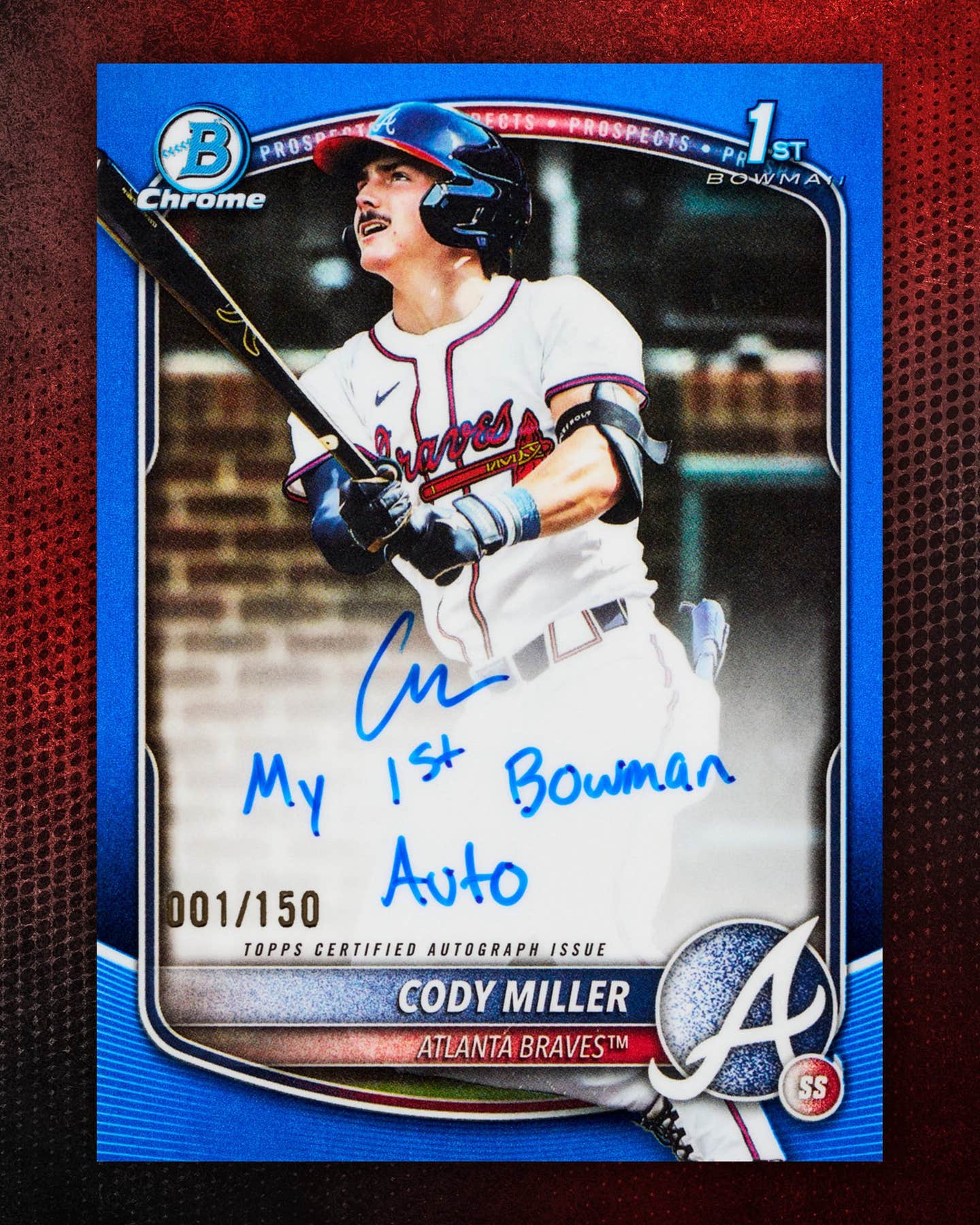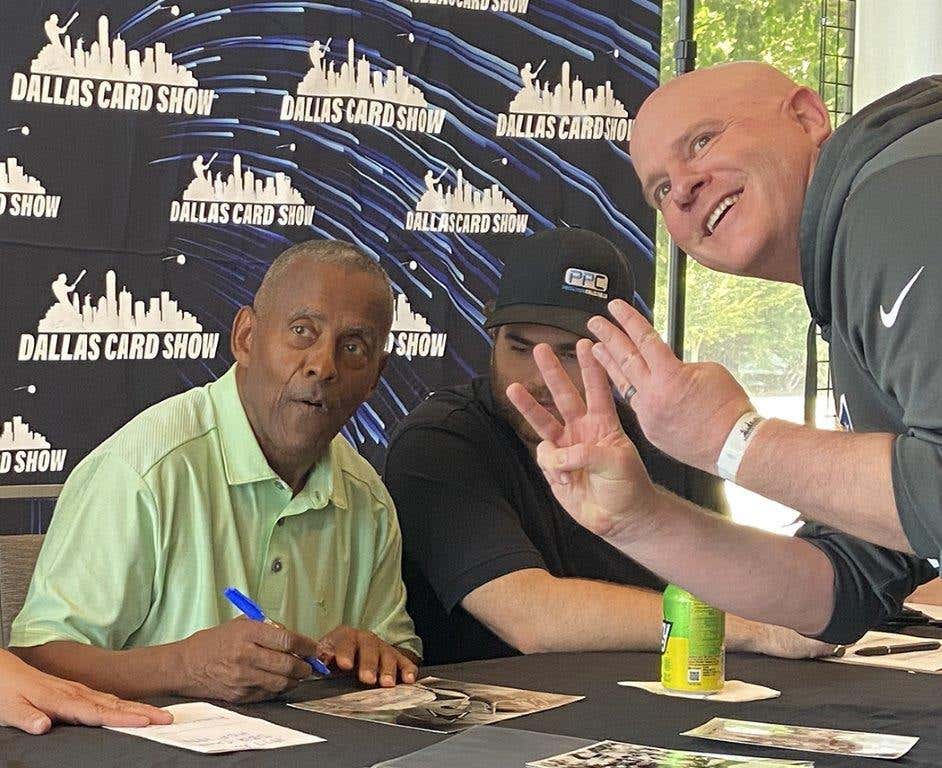News
Sports Stars Who Have Turned into Politicians
By Arnold Bailey
The following is the first part of a two-part series on sports figures who turned into politicians. The Nov. 30 issue of SCD will feature part two, focusing on Presidents of the U.S. and their athletic careers. For a listing of athletes who threw their hat into the politcal ring, CLICK HERE.
You say none of the candidates for President excited you in this national election year?
Did you think about casting your vote for someone like former baseball star Jim Bunning, the flame-thrower of perfect game fame? Or maybe ex-quarterback Jack Kemp? Or possibly that learned basketball star Bill Bradley? Or perhaps two-time decathlon champion Bob Mathias?
Lots of voters did just that over the years, with enough ballots to send those four sports legends – and scores of others – to Congress or to a wide range of other elective offices.
So, this national election year is a good time to look at sports stars who have switched from facing opposing teams to facing voters in their desire to serve in public office. For sports collectors, it also helps define a unique collectibles niche, a special array of cards and memorabilia on which to focus their attention and resources.
Research has identified more than 116 such athletes, a galaxy of sports stars from 28 states and eight foreign countries who have put their fame on the line on election days. (Readers can find the full basic list of 116 who have mixed sports and politics, including some information about their backgrounds and their individual trading cards by clicking here.)
It’s likely that readers will come up with a few additional names of sports stars who also have starred in politics or public service. If so, please share your information with the writer and get those names added to the basic list.
Trying to rank those 116 political athletes would be a fool’s errand. Both politics and sports are subjects that stir widespread debate and predictable arguments, most of which are never settled. So, let’s just begin this ballot with a look at the four great athletes mentioned above, all of whom were as successful on election day as they were on game day.
Sports and politics
Jim Bunning challenged major league batters for 17 seasons, mostly with the Tigers and the Phillies. His fastball was so dominant he tossed two no-hitters, one a perfect game. He won 224 and lost only 184, was a nine-time All-Star and a three-time strikeout leader, twice in the American League, once in the National. He was elected to the Baseball Hall of Fame in 1996.
A Republican, Bunning began his public service on a local city council, then in a state legislature before representing Kentucky as a congressman and senator for 24 years.
Jack Kemp was a star quarterback for 13 pro seasons, mostly with Buffalo in the American Football League. He led the Bills to two league titles, won a MVP award and got to seven Pro Bowls. Elected to the Congress for nine terms as a Republican from New York, Kemp later served as Secretary of Housing and Urban Development. And his name had been mentioned as a possible candidate for a seat in the White House before he joined presidential candidate Bob Dole as his vice presidential running mate. They lost the general election to the Bill Clinton-Al Gore ticket.
Bill Bradley was a basketball All-American at Princeton and on the Olympic gold medal team in 1964. Then came a decade in the National Basketball Association with the New York Knicks that included two championship seasons en route to his sport’s Hall of Fame.
The Rhodes Scholar was elected to the Congress, then the Senate from his home state of New Jersey. In 2000, he was in the running for the Democrat party’s nomination as its candidate for president, losing a close vote to Al Gore.
And Bob Mathias may have been the best athlete of this quartet, a track and field star so talented that he won the decathlon in both the 1948 and 1952 Olympics, then returned to California in the fall of the latter year and transformed into a fullback who would lead the Stanford football team to the Rose Bowl. California voters would eventually send him to the U.S. Congress for four consecutive terms.
Like Bunning and Kemp, Mathias was a Republican. In fact, that was the political party of choice for 54 athletes in this U.S. political lineup. Only 40 identified themselves as Democrats, and two represented other parties – one Progressive and one Reform. Two Democrats on the list eventually switched parties and marched across the aisle to the Republican side. For the others, party affiliation was not stated, especially true among the judges on the list.
Five on the list were elected to the nation’s highest office – President of the U.S. (Dwight Eisenhower, Gerald Ford, John F. Kennedy, Ronald Reagan and George H. W. Bush), and two (Ford and Bush) served as Vice President. (See separate article about star athletes in the White House in the Nov. 30 issue of SCD.)
The U.S. Congress turned out to be the most popular public office for these sports heroes, with 21 elected to that legislative body. The office of Mayor was the second most popular with 17, followed by an additional nine who were candidates for Congress but lost. There are eight members of the U.S. Senate, with the same number winning elections as Governors.
The Congressional roll call includes the previously mentioned Bradley, Bunning, Kemp and Mathias plus (listed by name, sport, position played, political party and state): Ben Nighthorse Campbell – Olympic judo captain, Democrat, Colorado; Clint Didier – pro football tight end, Republican, Washington; Percy W. Griffiths – football guard, Republican, Ohio; Steve Largent – Hall of Fame pro football wide receiver, Republican, Oklahoma.
The tallest Congressman has to be 6’11” Tom McMillen – basketball, Democrat, Maryland. Others include Ralph Metcalfe – Olympics sprinter, Democrat, Illinois; Wilmer “Vinegar Bend” Mizell – baseball pitcher, Republican, Mississippi; Tom Osborne – football coach, Republican, Nebraska; Jon Runyan – pro football tackle, Republican, New Jersey; Jim Ryun – Olympics distance runner, Republican, Kansas; Heath Shuler – pro football quarterback, Democrat, North Carolina; John K. Tener – baseball pitcher and outfielder, Republican, Pennsylvania; Mo Udall – basketball, Democrat, Arizona; J.C. Watts – football quarterback, Republican, Oklahoma; Samuel E. Weiss – pro football player and official, Democrat, Pennsylvania; Adam Martin Wyant – football guard (first pro football player elected to Congress), Republican, Pennsylvania.
At least nine star athletes were candidates for Congress, but lost. This group is led by baseball great Walter Johnson and basketball legend George Mikan. Johnson, the “Big Train” Hall of Fame pitcher, ran as a Republican in Maryland, hoping to serve in Congress as his father-in-law had. (Johnson is likely pictured on the most valuable trading cards of all the athletes-politicians.) Mikan ran as a Republican from Minnesota.
Others in this category are: James Brendan Connolly – Olympic track and field, Progressive, Massachusetts; Steve Greenberg – hockey, Republican, Indiana; Edd Hargett – football quarterback, Republican, Texas; Phil McConkey – football wide receiver, Republican, New Jersey; Bobby Richardson – baseball second baseman, Republican, South Carolina; Jay Riemersma – football tight end, Republican, Michigan; and Wayne Seybold – figure skater, Republican, Indiana.
The previously mentioned Bradley and Bunning lead a list of sports stars who have served in the U.S. Senate. This list also includes Congressman Campbell, and the three Kennedy Brothers – John F., Robert F. and Edward “Ted,” all of whom played some football at Harvard; Wendell Anderson – a hockey player, Democrat from Minnesota; and William Warren Barbour – boxer, Republican, New Jersey.
Two sports stars ran for Senate seats but lost – Craig James – football back, Republican, Texas, and Tom Lingenfelter – Olympic runner and field hockey, Republican, Pennsylvania.
The best known sports personality to serve as a mayor is likely pro wrestler Jesse Ventura, who went on to also serve as Governor of Minnesota as a Reform candidate. Or, it might be Dave Bing, the basketball Hall of Famer, a Democrat who was elected mayor of Detroit. Perhaps the most popular was Tommy Byrne, the New York Yankees often wild lefty pitcher who returned to Lake Forrest, N.C., where both his politics and his sports celebrity made him a highly respected figure.
Other mayoral jocks include: Alan Autry – football quarterback, Republican, Fresno, Calif.; Rick Bosetti – baseball outfielder, Republican, Redding, Calif.; Gerald Calabrese – basketball, Democrat, Cliffside Park, N.J.; Dave Edler – baseball third baseman, Republican, Yakima, Wash.; Percy W. Griffiths – football guard, Republican, Marietta, Ohio; Kevin Johnson – basketball, Democrat, Sacramento, Calif.; Anthony Masiello – basketball, Democrat, Buffalo, N.Y,; Bill McAfee – baseball pitcher, Albany, Ga.; Nap Rucker – baseball pitcher, Democrat, Roswell, Ga.; Bob St. Clair – football tackle, Daly City, Calif.; Jim Schwantz – football linebacker, Palatine, Ill.; Wayne Seybold – Olympic figure skater (also lost Congressional election); Thomas F. X. Smith – basketball, Democrat, Jersey City, N.J.; and James L. Usry – basketball, Republican, Atlantic City, N.J.
Joining wrestler Ventura among six athletes who have served as Governors are Arnold Schwarzenegger, the body builder/movie star who became chief executive of California as a Republican; Wendell Anderson – hockey, Democrat, Minnesota; Fob James – football halfback, Democrat, Alabama; Edward J. King – football guard, Democrat (who later switched to Republican), Massachusetts; Judy Martz – Olympic speed skater, Republican, Montana; Endicott “Chub” Peabody – football lineman, Democrat, Massachusetts; and John K. Tener – baseball pitcher-outfielder, Republican, Pennsylvania.
Lynn Swan lost his bid for Governor of Pennsylvania when he ran as a Republican, despite his long career as a pass receiver for the Pittsburgh Steelers, which ultimately led him to the Pro Football Hall of Fame. Chris Dudley lost a close race for Governor of Oregon when he ran as a Democrat after a 16-year NBA career during which he received the hoop league’s good citizenship award.
Two well-known football players have served their states as Lieutenant Governors – Jack Mildren, a back who played mostly offense in college but defense as a pro who was elected as a Democrat in Oklahoma, and John Cherberg, who played at the University of Washington and later coached the Huskies, then was elected as a Democrat in that state.
At least five star football players have earned widespread respect as judges, including: Byron “Whizzer” White, a football halfback in college at Colorado and the pros before his appointment to the U.S. Supreme Court; Alan Page, a Hall of Fame defensive lineman at Notre Dame and with the pro Vikings before appointment to the State Supreme Court in Minnesota; Robert Thomas, a college and pro placekicker before his appointment to the Illinois State Supreme Court; Samuel A. Weiss (previously mentioned as a member of Congress before appointment to the Pennsylvania court system); and Dwayne Woodruff, a college star and 12-season pro with the Steelers before joining the Court of Common Pleas in Pennsylvania.
Another 21 athletes have served in state legislatures or in local (city or town) offices, including Tom Gola, the basketball player who served as a Republican state representative in Pennsylvania, and Hayes Jones, the Olympic hurdler who was a state rep in Michigan.
On a global basis, the Parliaments in several countries – especially in Canada – seem the favorite political targets of star athletes. A group of 17 turned up in the research – 10 of them in Canada and nine of the group from the game of hockey.
The hockey politicos include: Syl Apps, Sr., Gary Carr, Lionel Conacher, Ken Dryden, Red Kelly, Mo Mantha, Bucko McDonald, Howie Meeker and Hugh Plaxton. Four from that group (Apps, Conacher, Dryden and Kelly) are also members of the Hockey Hall of Fame.
Meeker served in Parliament while still playing for the Toronto Maple Leafs. Kelly’s opponent in one election was Alan Eagleson, later a famous then infamous agent. The other Canadian athlete in that nation’s legislative body was Otto Jelinek, a figure skater. In addition, Hockey Hall of Famers Jean Beliveau and Frank Mahovlich have been in the political arena, too; Beliveau was offered the government post of Governor General, which he turned down, and Mahovlich was appointed to the nation’s Senate.
There have been two athletes in Great Britain’s Parliament – the great runner Sebastien Coe, who most recently led England’s role as host nation for the Summer Olympics, and Menzies Campbell, a record-setting sprinter. Also, there have been two in India – cricket star Sachin Tendulkar and hockey (field) legend Dileep Kumar Tirkey, and one each from Slovakia (hockey star Peter Stastny), Australia (swimmer Dawn Fraser) and Brazil (soccer legend Romario).
So there you have enough sports mixed with politics to fuel debate and arguments for years to come.
Arnold Bailey is a freelance contributor to SCD. He can be reached at acbailey1125@yahoo.com.








